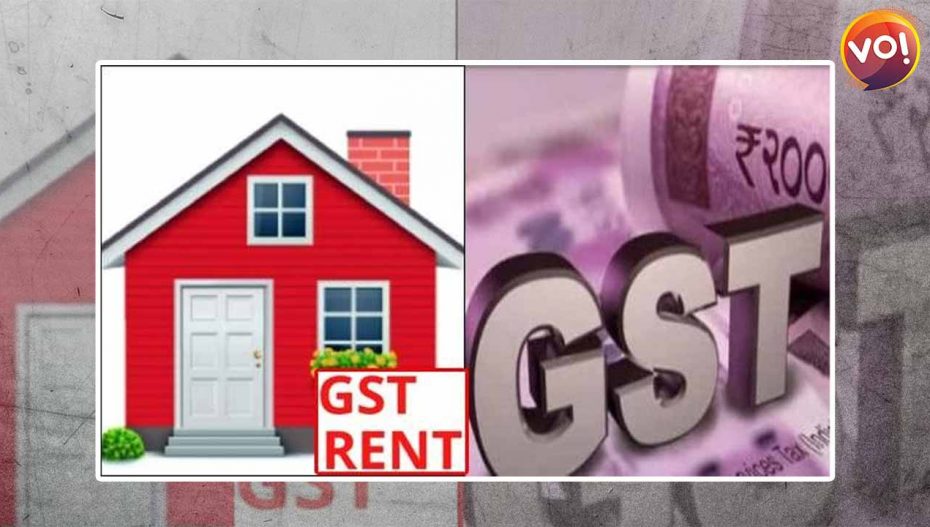Under the new GST rules, effective July 18 onwards, tenants will have to cough up an additional 18% GST on house rent, even in residential properties. The rule, however, is applicable only to tenants registered under GST as a business entity. The common salaried person who has taken up a residential house or flat on rent or lease, does not have to pay GST. However, a GST-registered person who carries out business or profession stands to incur 18% on rent paid to the owner.
Earlier, only commercial properties like offices or retail spaces given on rent or lease attracted GST. Residential property rent, whether taken up by a corporate house or a household, was exempt from GST.
As recommended at the 47th GST Council meeting, the tenant will pay 18% GST on a reverse charge basis (RCM). However, they can claim this value as a deduction while they pay tax on sales in GST returns.
Tax experts explain that no tax will be levied on the landlord. The only change that has been brought about is that a tenant, who is GST-registered as a business entity, will no longer be able to claim the benefit of exemption from GST on residential dwellings. Tax will need to be discharged by such tenants under RCM.
In some scenarios, residential property may be taken on rent by businesses. Here GST will have to be paid. However, in such a case, an issue might arise on the availability of ITC (income tac credit) on such GST paid, which may have to be separately clarified by the government, reasoned analysts.
As per the update, “persons” include individuals as well as corporate entities. GST registration is needed when any person carries on business or profession and makes an annual turnover more than the threshold limit defined under the GST law.
“The limit varies according to the nature of supply and state or UT where the principal place of supply is located. If the person supplies services alone, ₹20 lakh per financial year is the limit. The limit is ₹40 lakh for a supplier of only goods. However, if registration is obtained from the North Eastern or special category states, the limit is lowered to ₹10 lakh. The new law will segregate tenants as “general” and “corporate” entities.
Who will be affected?
The new change will impact companies or businesses who have rented or leased residential property for income-generating ventures. At the same time, use of residential property as a guest house or accommodation for employees, will also attract the 18% GST on rent. This is bound to spiral costs for employees that offer accommodation in the total cost-to-company billing.
Also Read: July GST Collection Records Y-O-Y Rise Of 28%; Gujarat Marks 20% Growth













